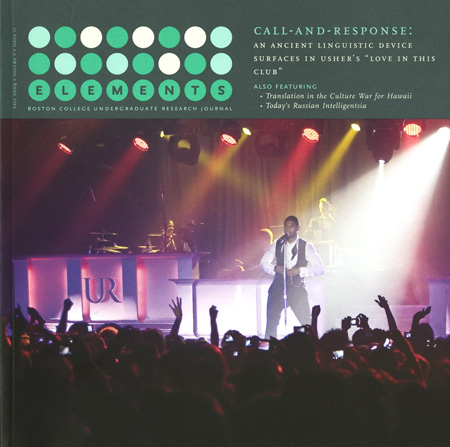Today's Russian Intelligentsia: A New Role in the Post-Soviet Political Order
DOI:
https://doi.org/10.6017/eurj.v5i2.8901Keywords:
Fall 2009, social science, political scienceAbstract
A vibrant intellectual class is an integral component in any healthy society. The intelligentsia developed in Russia in the nineteenth century and are historically defined by high moral principles, justice, freedom, rule of law, and their role as producers of the predominant Russian discourse. In the post-Soviet political paradigm, intellectual development was needed more than ever. However, instead of an emergent intellectual class free from government control, true intellectuals were unable to transform in the interim years and subsequently retreated from the function they historically performed. The intelligentsia were co-opted by the post-Soviet Russian government much as they were in the Soviet Union. Even the word has lost its social value today as a different class of social elites is increasingly promoted in media and political circles. Some groups still remain true to the traditional intelligentsia, but they are the few who keep this important Russian social class alive.Downloads
Published
2005-11-15
How to Cite
Barnes, Q. (2005). Today’s Russian Intelligentsia: A New Role in the Post-Soviet Political Order. Elements, 5(2). https://doi.org/10.6017/eurj.v5i2.8901
Issue
Section
Articles
License
Copyright (c) 2015 Elements

This work is licensed under a Creative Commons Attribution 4.0 International License.

